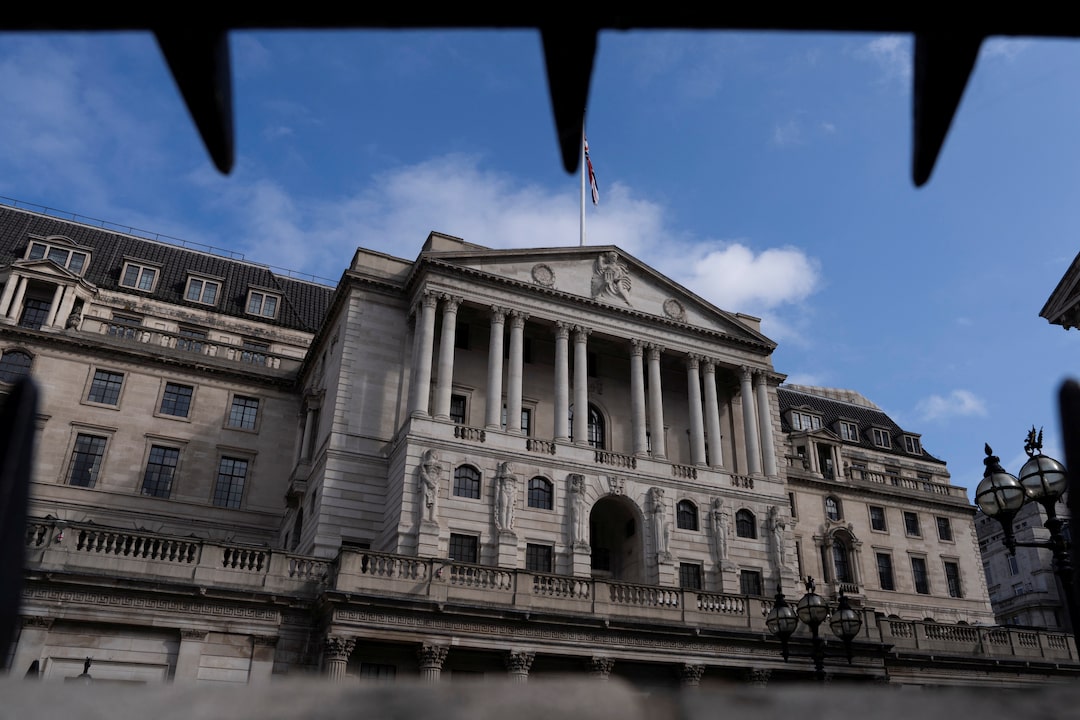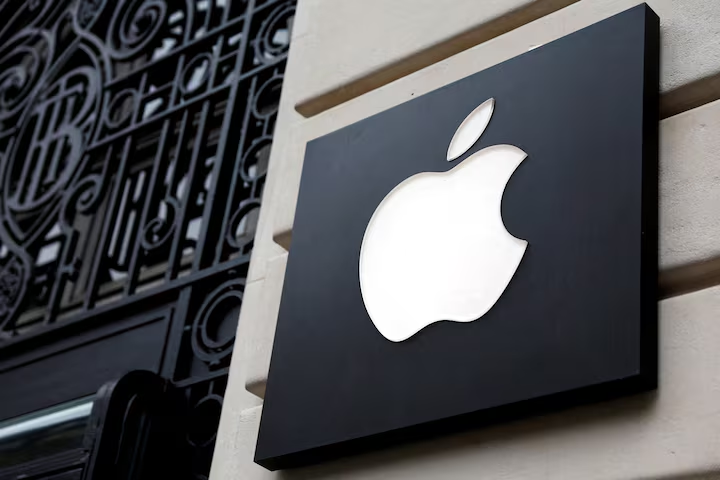The Bank of England (BoE) has reduced its key interest rate by 0.25 percentage points to 4.25%, citing concerns over the economic impact of U.S. tariffs. The central bank anticipates these tariffs will decrease the UK’s economic output by 0.3% over the next three years and reduce inflation by 0.2 percentage points within two years. Despite this, BoE Chief Economist Huw Pill expressed that the tariffs are unlikely to have a dramatic effect on the UK economy. He emphasized that domestic issues, such as persistent wage pressures, pose a more enduring inflationary risk.
The decision to cut rates was not unanimous; some policymakers, including Governor Andrew Bailey, voted in favor, while others, like Pill, opposed the move. The BoE’s focus remains on returning inflation, which is expected to reach 3.5% later this year, to its 2% target. Traders have largely dismissed expectations for another rate cut in June, indicating a cautious approach to further monetary easing.
In related developments, the British pound strengthened against the U.S. dollar following the announcement of a limited trade deal between the UK and the U.S. While the agreement maintains Trump’s 10% tariffs on British goods, it offers slight improvements in agricultural access and reduces U.S. tariffs on British car exports. Analysts consider the deal modest but view it as a positive step for market sentiment.
Source: Reuter



